
The government has expanded the range of pornography websites that face being blocked in the UK unless they actually verify the ages of their visitors instead of just allowing them to check a box.
A new provision in the Online Safety Bill - which intends to prevent children from accessing adult material on the web - will now cover all commercial pornography sites, extending the law's scope beyond YouTube-style platforms that allow unverified users to upload content.
It also closes what the NSPCC has described as the "OnlyFans loophole" where the site could legitimately argue that it should not be covered by the law because children did not constitute a significant portion of its user base.
The government is announcing updates to the legislation, which it intends to quickly reintroduce to Parliament and bring into force, following the scrutiny of its initial draft by a joint committee of MPs and peers.
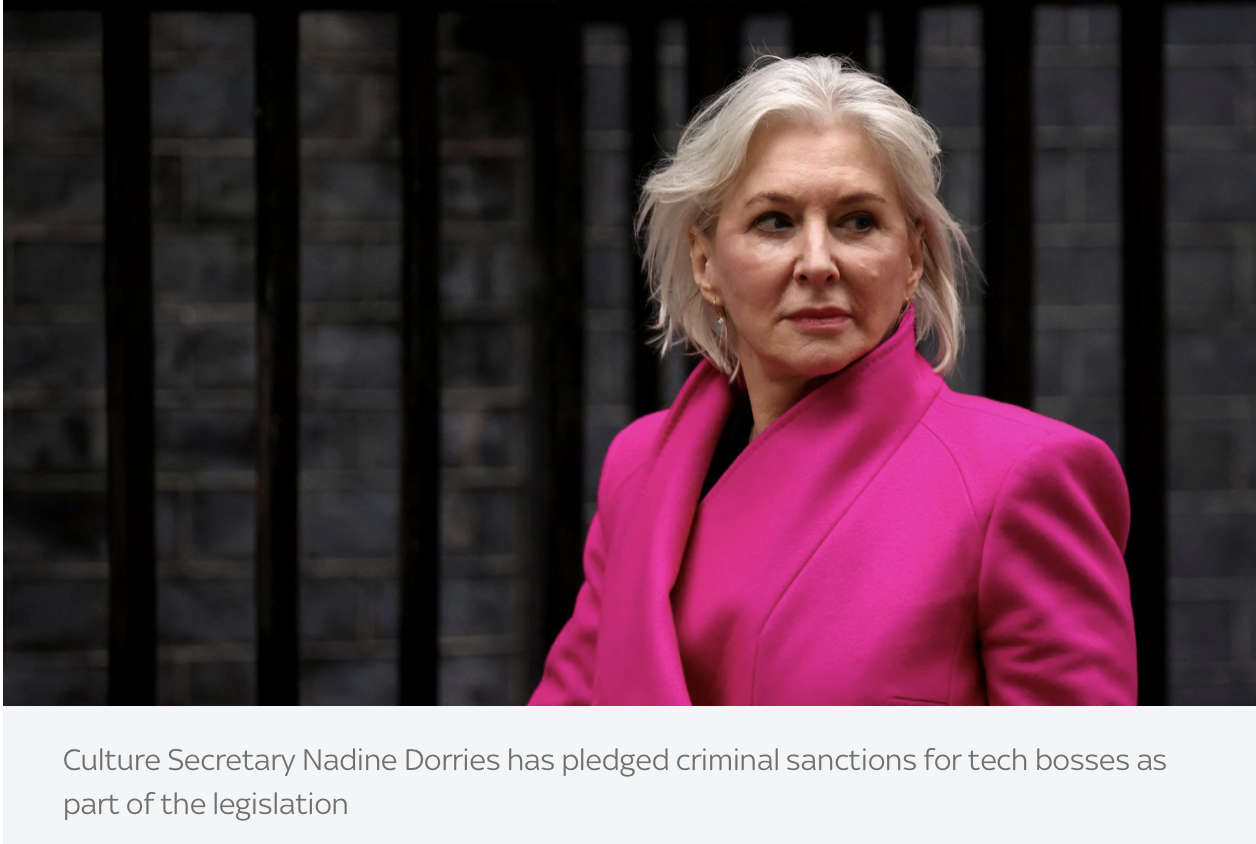
Digital Minister Chris Philp said:
"It is too easy for children to access pornography online. Parents deserve peace of mind that their children are protected online from seeing things no child should see.
"We are now strengthening the Online Safety Bill so it applies to all porn sites to ensure we achieve our aim of making the internet a safer place for children," Mr Philp added.
Security and privacy experts have cautioned that the requirement to actually verify users' ages could lead to databases being created on individuals' sexual preferences, potentially exposing them to social stigma and blackmail.
The NSPCC welcomed the move but said the updated legislation "still falls short of giving children comprehensive protection from preventable abuse and... needs significant strengthening to match the government's rhetoric".
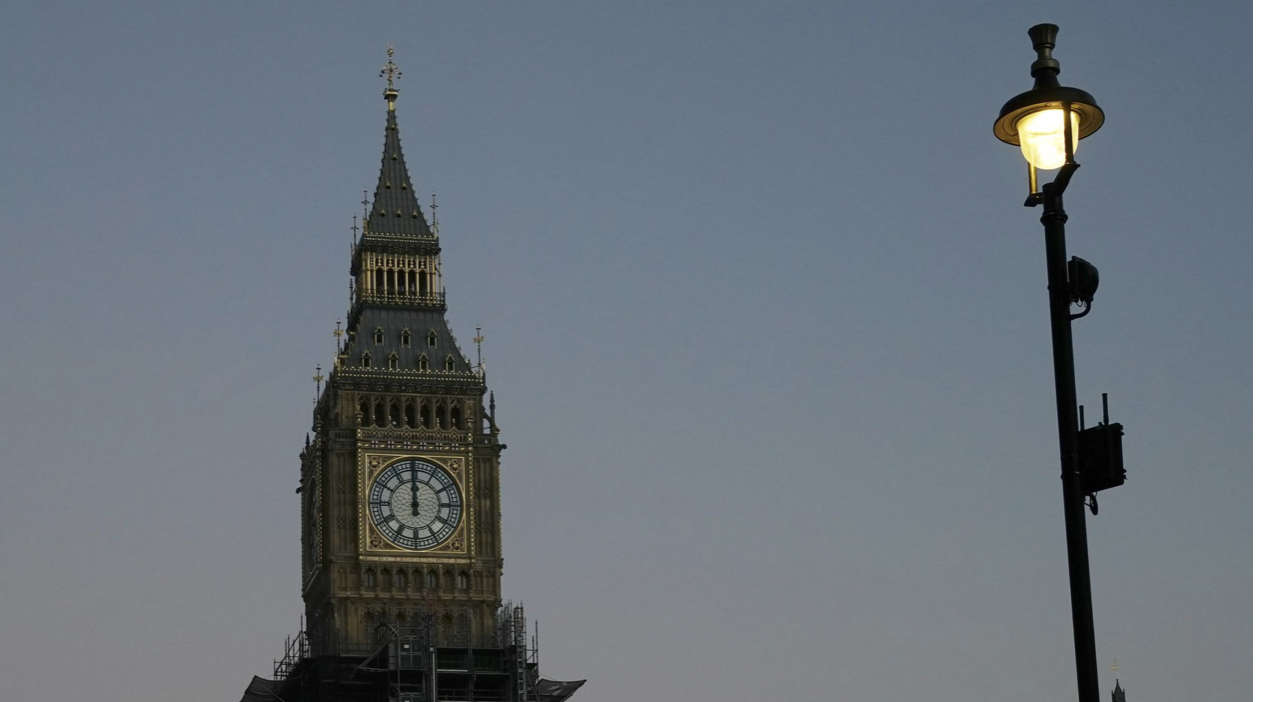
The latest attempt to tackle pornography
It is not the first time the government has attempted to introduce age verification requirements on online pornography companies.
Similar plans were introduced in 2017 but ultimately scuppered after several delays caused by a range of technological challenges and a critical administrative error, as revealed by Sky News.
The aim is for porn websites to include technologies similar to gambling ones that verify their users are over 18, either through a user's credit card or by having a third-party service confirm their age against government data.
Sites that don't comply with the Online Safety Bill could face a fine of up to 10% of their global annual turnover or be blocked from inside the UK. Senior executives could even be held criminally liable if they fail to comply with Ofcom as the regulator.
Security experts have concerns
The University of Cambridge's Ross Anderson, professor of security engineering, told Sky News:
"This has been announced multiple times in multiple countries and then walked back once the practical difficulties are studied.
"First, circumvention will be easy enough. Kids get enough practice already, e.g. at school. The low-cost techniques that the large [Internet Service Providers] will use will not withstand anyone who knows what they're doing.
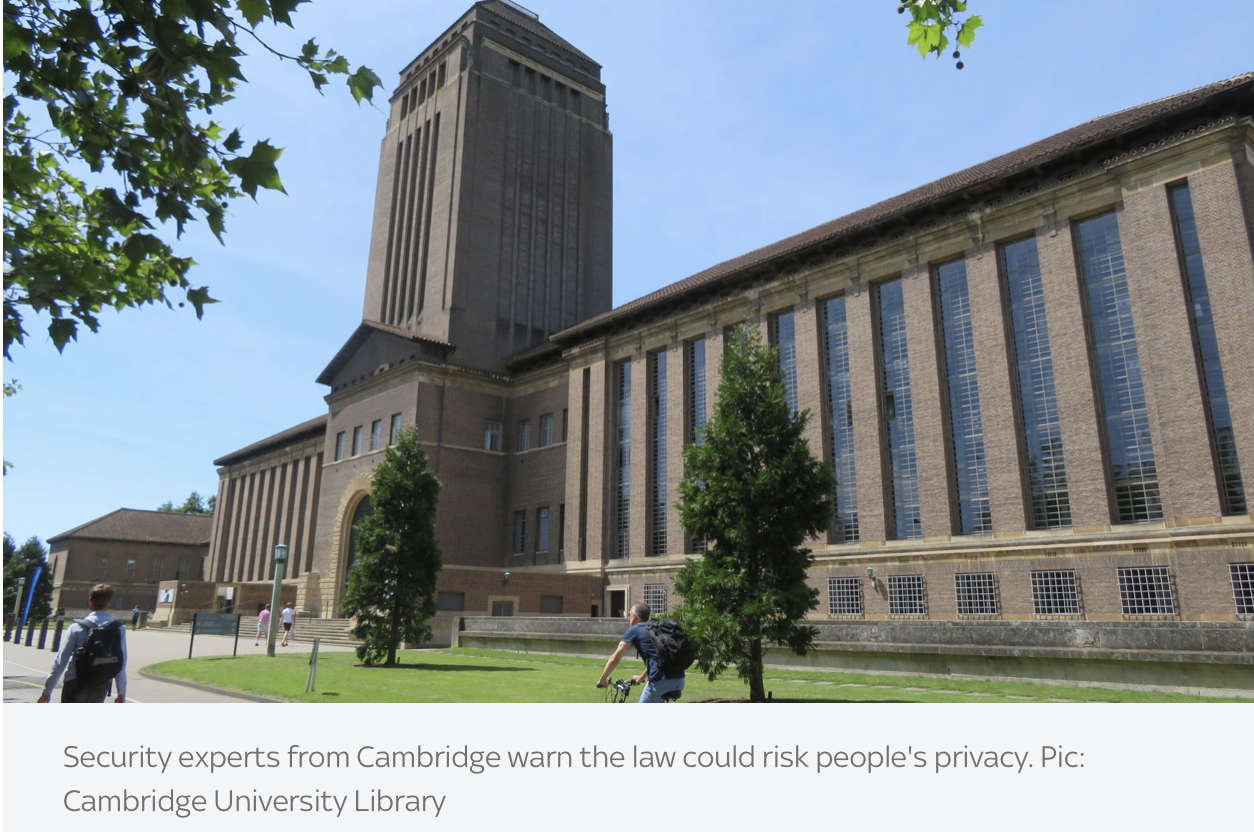
"Second, the big providers will use age verification to erect barriers against competition - though age verification may be one of the less important ways in which the Online Safety Bill will do this; the content filtering requirements will be much more expensive.
"Third, there are bound to be privacy harms, e.g. gay kids being outed to their parents. Tech companies are often pretty heedless about such edge cases," he added.
Professor Anderson cited his colleague Dr Richard Clayton who cautioned that the need to verify each user would mean that pornography viewers would stop visiting these sites in "incognito mode" in their web browsers due to the friction of needing to go through the verification process each time.
This would expose them to tracking and third-party cookies which could allow companies to build up detailed profiles and histories of their viewing history and interests.
Jim Killock, the executive director of the Open Rights Group, warned:
"There is no indication that this proposal will protect people from tracking and profiling porn viewing. We have to assume the same basic mistakes about privacy and security may be about to be made again."

 Katie Price Threatened With Jail If She Keeps Missing High Court Hearings About Her Bankruptcy
Katie Price Threatened With Jail If She Keeps Missing High Court Hearings About Her Bankruptcy
 Brighton & Hove Leader Criticises Government's Growth Hub Plan
Brighton & Hove Leader Criticises Government's Growth Hub Plan
 Man Sentenced For Fatal Hit And Run Crash In Eastbourne
Man Sentenced For Fatal Hit And Run Crash In Eastbourne
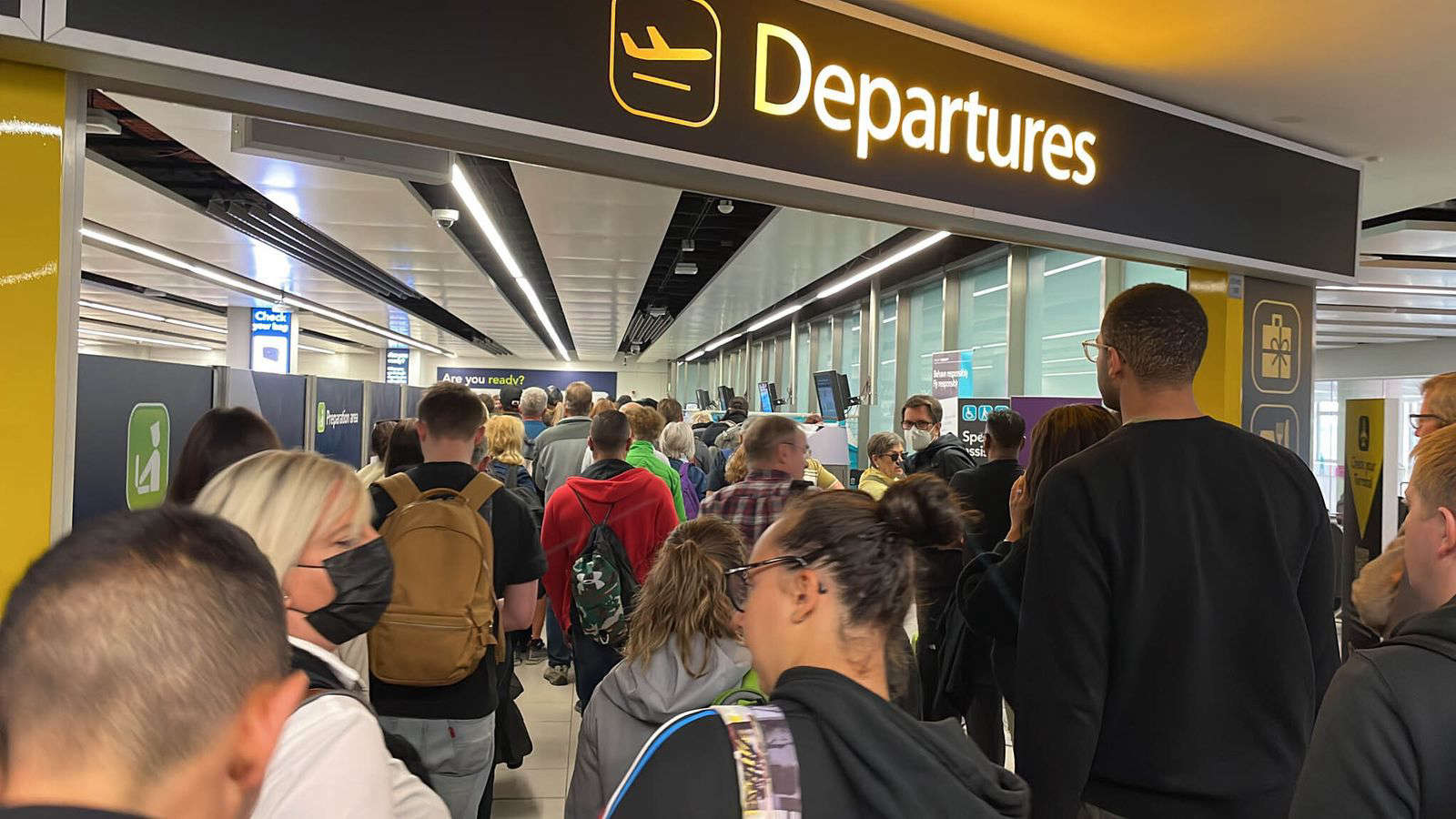 Gatwick ‘Meet And Greet’ Parking Firms: Passengers Urged To Do Their Research
Gatwick ‘Meet And Greet’ Parking Firms: Passengers Urged To Do Their Research
 Free Book On The Menu For West Sussex Meals On Wheels Clients
Free Book On The Menu For West Sussex Meals On Wheels Clients
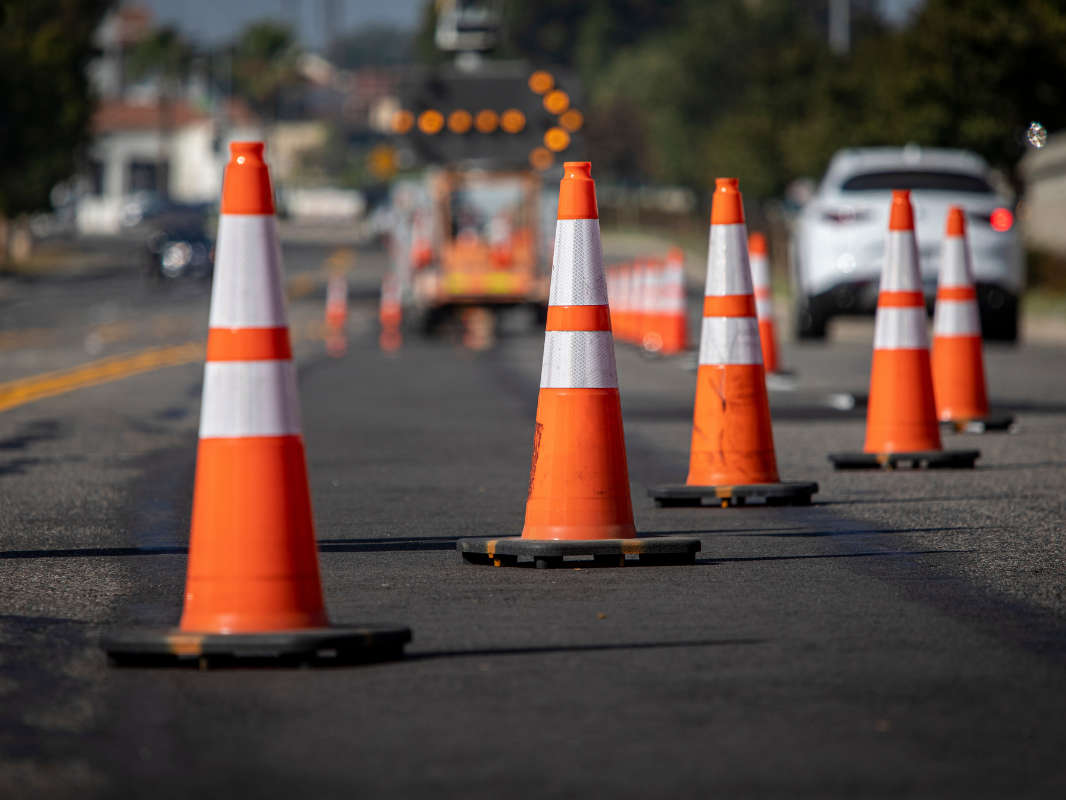 Resurfacing Work To Begin On Brighton's Lewes Road Next Week
Resurfacing Work To Begin On Brighton's Lewes Road Next Week
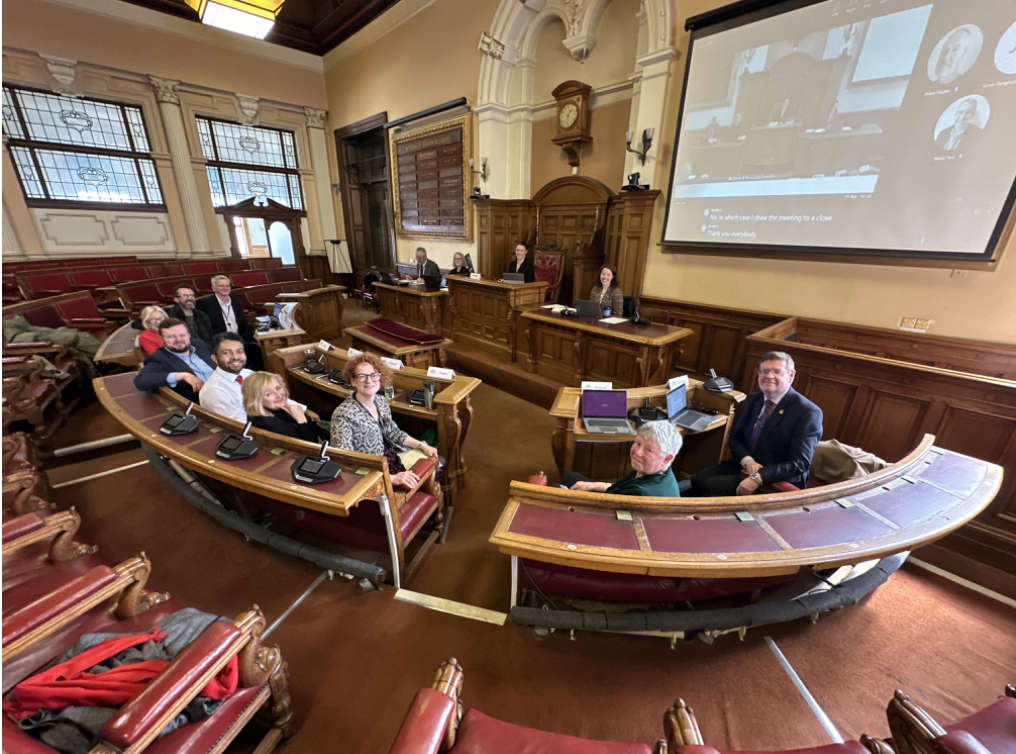 Brighton & Hove Councillors Vote To Scrap Member Appeals Panels
Brighton & Hove Councillors Vote To Scrap Member Appeals Panels
 World's First Jab To Stop Skin Cancer Being Tested In UK Patients
World's First Jab To Stop Skin Cancer Being Tested In UK Patients
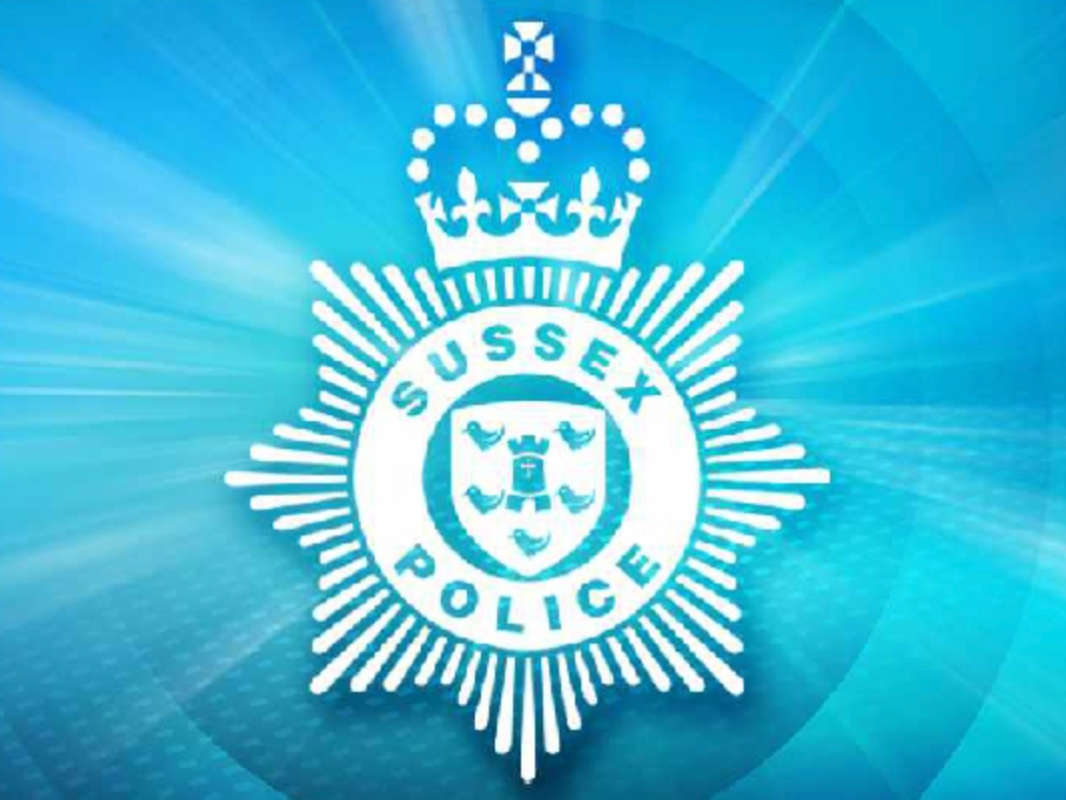 New Scheme Launched To Identify East Sussex Children At Risk Of Exploitation
New Scheme Launched To Identify East Sussex Children At Risk Of Exploitation
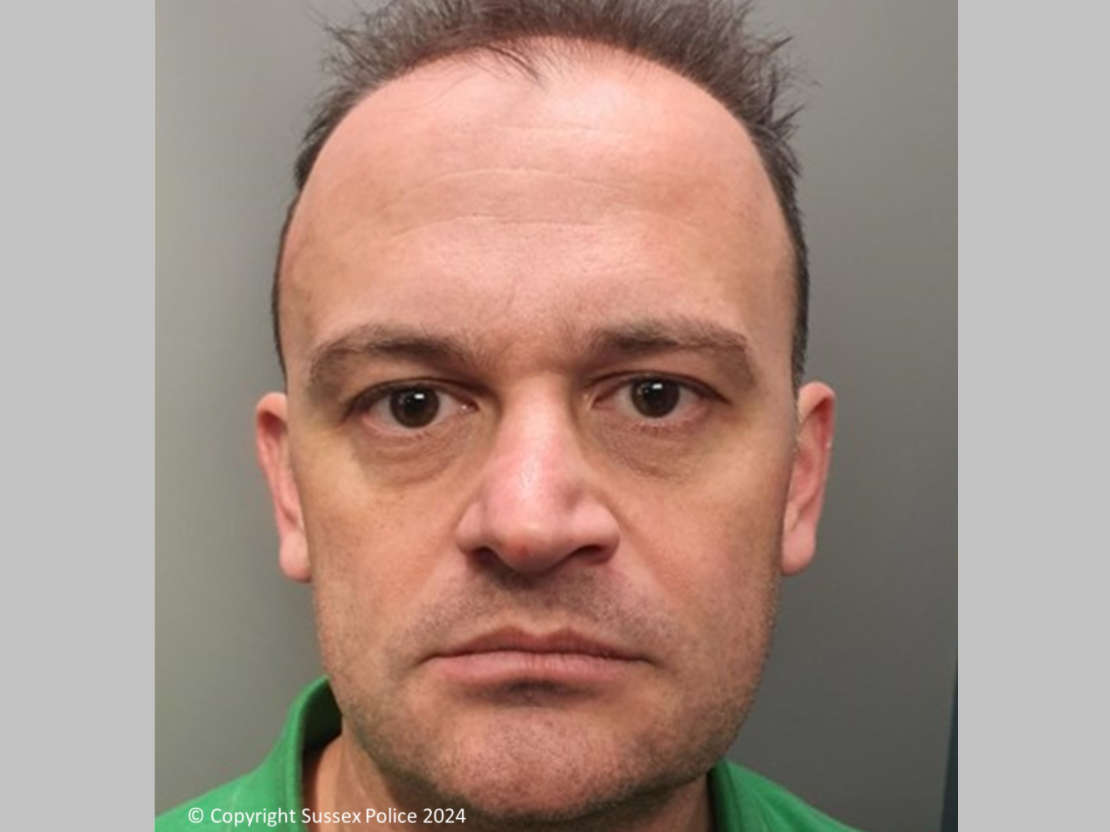 Driver Sentenced Over Head-On Collision Near Robertsbridge
Driver Sentenced Over Head-On Collision Near Robertsbridge